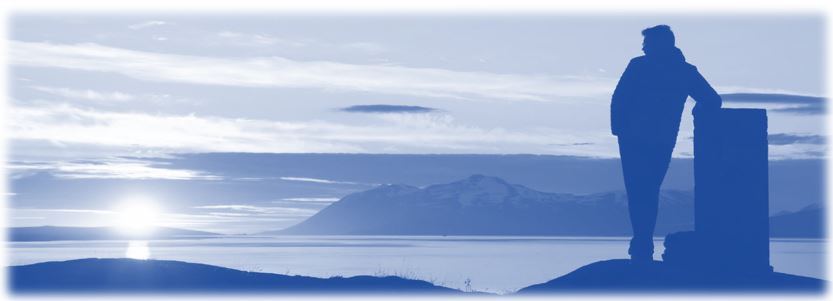NS29 Session 6
29th Nordic Symposium on Tourism and Hospitality Research
Shaping mobile futures: Challenges and possibilities in precarious times
21-23 September 2021

HOME Program Keynote speakers Important dates
PhD Seminar Committees Practical information Contacts
Title: Capturing mobility: Visual methods in Tourism Studies
Organisers: Katrín Anna Lund, Ian Jenkins and Karen Davies
Affiliation: University of Iceland, Cardiff Metropolitan University
Description
This session will focus on the use of visual data for tourism research, exploring its validity, importance and practise in the current academic discourse. Within tourism studies, such research is relatively nascent and although papers have been published on this topic, the dominance of the positivist paradigm has often viewed this new method with scepticism. Visual methods have been widely accepted as a rigorous, appropriate and valid approach in other disciplines (for example anthropology, sociology, geography, art, management, health and social care), not least regarding their effectiveness in capturing human performances such as in situ moments, memories and experiences and simultaneously allowing reflection upon these elements.
Currently, there is a growing interest in the development of visual methods in tourism studies to widen its contribution to research and our understanding of tourism as a social and cultural phenomenon. It is evident that these types of methods offer an insight and understanding of tourism as a complex and heterogenous phenomena where humans and non-humans interact and, furthermore, improvise and enact mobile futures. A number of papers and books have been published, giving gravitas to the emerging importance of these methods for tourism as a discipline and its evolving epistemology ( Haldrup and Larsen, 2006; Scarles, 2010; Rakic and Chambers 2012; Balomenou & Garrod, 2019; Davies & Jaimangal-Jones 2020 Westwood, 2007; Pink, 2008; Holm 2014). The aim of this session is to further this discussion within tourism studies in order to foster more advanced understanding and demonstrate the importance of visual studies so that it becomes more fully accepted and developed as a research technique within tourism studies.





 Norðurslóð 4 (7th floor)
Norðurslóð 4 (7th floor) 600 Akureyri, Iceland
600 Akureyri, Iceland